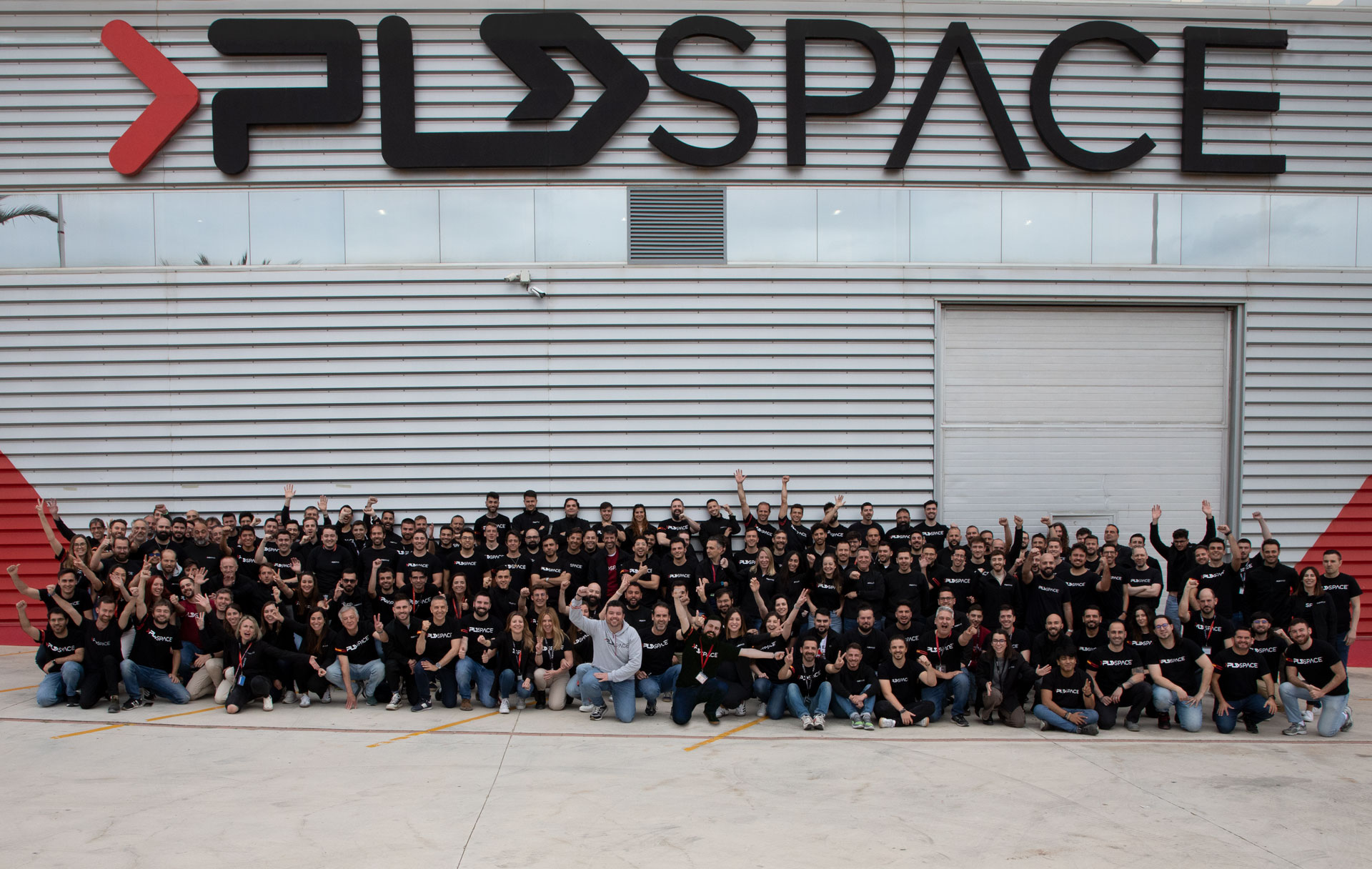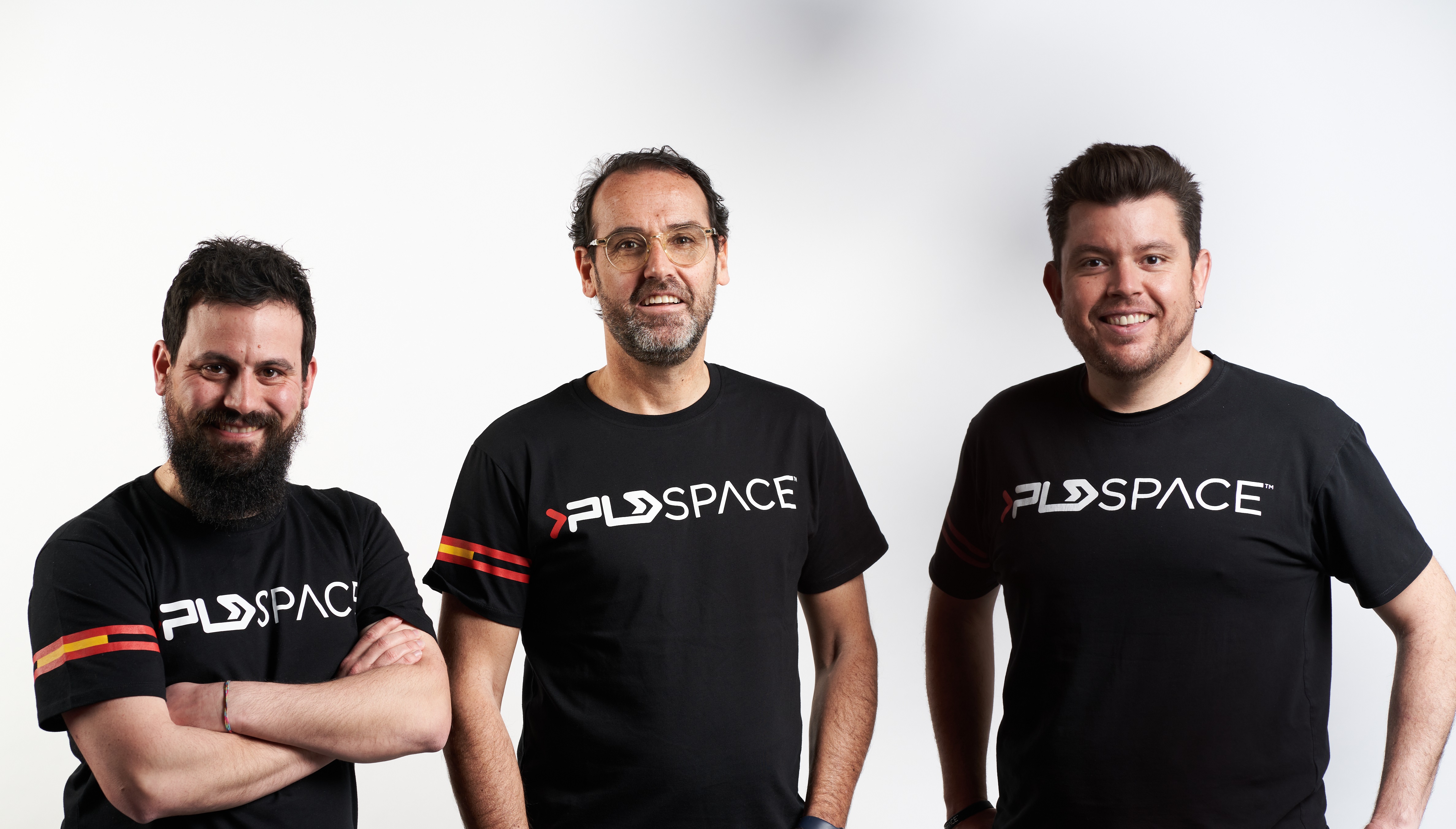
- PLD Space CEO Ezequiel Sanchez highlights the role of the European Space Agency (ESA) as an "anchor customer" for launches of new private launchers.
- "The ESA should promote market orientation, without prioritising the criterion of geographical return over competitiveness," says Sánchez.
Brussels, 26 January 2024. "Europe is facing an unprecedented crisis of access to space". PLD Space Executive President Ezequiel Sánchez warned of the need to "energise" the sector at an event organised by the Spanish company at the European Parliament on Thursday 25 January. In his presentation, Sánchez welcomed the new role of the European Space Agency (ESA) as a launch customer, although he pointed out that this model must guarantee fair competition, encouraging competition between companies rather than countries, as well as systems based on concentration.
The launcher crisis in Europe has been one of the hot topics of debate at the 16th European Space Conference, held this week in Brussels. Addressing this issue, PLD Space organised a detailed presentation at the European Parliament, aimed at engaging MEPs and institutional representatives and offering them a strategic perspective on a matter that is increasingly dominating the public agenda.
The figures don’t look good for Europe. A total of 223 space rockets were launched worldwide in 2023. marking the third year of consecutive growth following 186 launches in 2022 and 146 in 2021. However, Europe's contribution to this number is minimal, with only three launches. The outlook for 2024 doesn’t look much better, as Europe's space access capabilities might dwindle to zero, a situation not witnessed in over four decades.
Confronted with this situation, ESA took a decisive step at its recent Interministerial Summit in Seville, announcing a radical shift in its approach to space launches. The establishment of the European Launcher Challenge marks a significant departure from its traditional role as a procurement entity for launch systems. For the first time, ESA will transition into a prominent customer role, actively promoting competitive tenders for space transportation service contracts.
Another step forward is the Flight Ticket Initiative program, a collaborative effort between ESA and the European Commission, which has been established to create a pool of private launch providers dedicated to European institutional missions. The names of the five chosen companies, PLD Space among them, were officially unveiled this week.
Preserving competition in the sector
In his address to the European Parliament, Ezequiel Sánchez emphasized the critical nature of fully embracing the strategic shift, cautioning that a half-hearted implementation would lead Europe to miss a substantial opportunity to invigorate the space sector. "The ESA must promote competition, prioritizing market-driven strategies and competitiveness over the criterion of geographical returns” he told MEPs attending.
Several uncertainties loom over the European Launcher Challenge, with considerations such as the quantity of institutional contracts, the scale of funding required, the anticipated number of winners, and the criteria set for the selection procedure still to be specified.
Addressing this, the Executive President of PLD Space has recommended steering clear of a concentrated system fixated on cultivating a "European champion." He warns that such a model could “potentially restrict funding opportunities for technological development and inadvertently stifle competition within the industry”.
Criteria for financial sustainability and commercial viability
Sánchez also defended financial sustainability and commercial viability as indispensable criteria in the evaluation of bids. "In a context of a private space race in Europe, being the first is important, but operators must arrive with a robust and solid model that is financially sustainable in the medium and long term," he emphasized. "ESA's assessment of projects should not only focus on technological criteria but also include aspects related to service and reliability.
New launcher companies are characterised by a different approach to risk-taking, moving away from the conservatism that has historically dominated European space programmes. It is for this reason that, to invigorate the sector and promote the operational efficiency of industry companies, ESA needs to "minimise the bureaucracy required" in its procurement model for launch services.
About PLD Space
PLD Space is a pioneering Spanish aerospace company and a benchmark reference in Europe for developing reusable rockets. With a solid reputation and steadfast commitment, the company has produced notable orbital launchers: the suborbital MIURA 1 and the orbital MIURA 5. These innovations position Spain among the select few nations capable of successfully deploying small satellites into space.
PLD Space was founded in 2011 by Raúl Torres and Raúl Verdú with the aim of facilitating access to space. The company, based in Elche (Alicante) and with technical facilities in Teruel, Huelva and French Guiana, has already raised more than 65 million euros of investment to boost its space sector project and has a team of more than 160 professionals.










